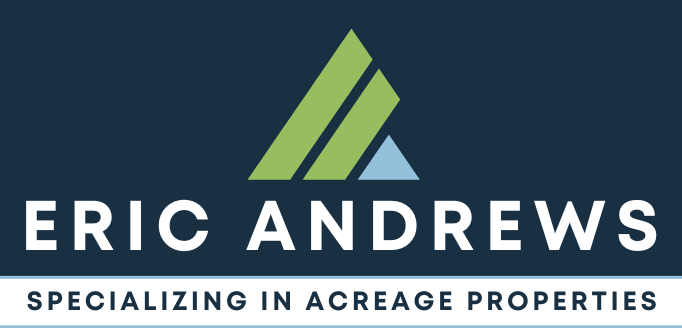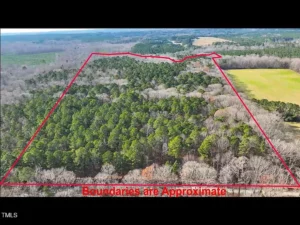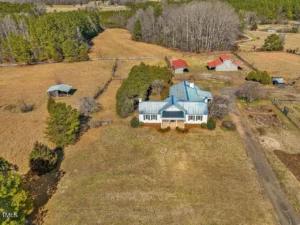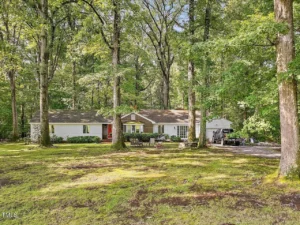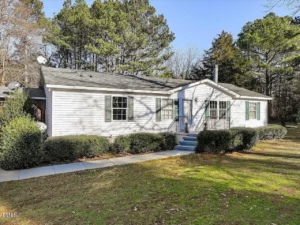Real Estate Broker Eric Andrews goes over lots of interesting statistics about Raleigh. Raleigh is one of the happiest and cheapest places to live. People from California and New York are flocking to the Carolinas. Hear about how what happens in Raleigh affects real estate in Pittsboro & Chatham County.
Interviewer: What are some interesting statistics about Raleigh?
Eric: Raleigh? So, Raleigh’s about a half a million people. It is the second largest city in North Carolina, second only to Charlotte. Median household income is a little over $65,000, average house in the Raleigh area it’s a little over $300,000, average rent in the Raleigh area is about $1,250. So, the reason why we’re so dependent on Raleigh stats in Chatham County in Pittsboro, Chapel Hill, Siler City is because we ride coattails off of Raleigh. And I always tell people a two by four cost the same in Chatham County as it does in Raleigh, a window costs the same. Maybe some construction labor costs are a tiny bit lower, but in general, your cost per square foot is going to be the same in Chatham County as it’s going to be in the Raleigh area, but we do have cheaper land. And so if you want a larger lot, if you want a half acre instead of a fifth of an acre, that’s a big difference.
Or if you want ten acres instead of a quarter acre, or if you want 50 acres, you’re not going to … it’s not easy to find a house with 50 acres in Raleigh. So, the cost of living is 5% lower than the national average in Raleigh, which I think is huge. But then we’re having a massive influx of people coming from the Northeast. It’s 60% lower than New York City and housing is 85% lower than New York City in Raleigh. So, that’s a huge difference.
Interviewer: Wow.
Eric: Some of the magazines call Raleigh the least expensive version of San Francisco. San Francisco is probably some of the most expensive real estate in the country. We’re really high tech. I think half of the people in the Raleigh area have a four year degree and between 20 and 25% have a PhD. So it’s a highly educated workforce and that’s probably one of the reasons why the medium income is so much higher. The big employers around here are the same old, same olds. It’s the state because of UNC and NC State and the hospitals and just because it’s the Capital. So the state’s a big employer and then the school system, but as far as businesses are concerned, I was really surprised to learn this.
The biggest employers in the Raleigh area are Walmart, Harris Teeter, Food Line and Target. So, a lot of people work in the retail sector, but there is SAS, Cisco, IBM, Blue Cross Blue Shield, Red Hat, Epic Games, Tim Sweeney, Fortnite. So, and he’s a huge Chatham County landowner. So, there is some private businesses, several magazines, Money Magazine ranks this the third best place for businesses or careers. It’s consistently ranked as one of the best places to live. One of the magazines just a few months ago said, this is the happiest, Raleigh’s the happiest city in the US to live. So, it gets a lot of superlatives, it gets a lot of high rankings as far as weather, climate, traffic. No public transportation, we do really bad for public transportation. Now, Raleigh is a drive in Chatham County is a, we have some public transportation, but it’s really limited. So we do a lot of driving here.
Interviewer: I’ve heard Apex called the peak of good living. [inaudible].
Eric: Peak of good living, yeah, yeah and gosh, it wasn’t long ago that Apex was in the middle of nowhere and people consider Apex almost a part of Raleigh and I mean, Raleigh, Apex, Durham, Chapel Hill. One thing in the research of doing this video I learned is, North Raleigh is its own city. I thought North Raleigh was just a district, but it’s actually its own incorporated city. You got Holly Springs, Fuquay Marina, Clayton. I mean, it’s just, it’s really, one of the things we look at Raleigh and we look at what people call the triangle and the triangle is Raleigh, Durham, Chapel Hill and you got the research triangle part. But, one of the things that we look at is the Crescent of Raleigh Greensboro, Charlotte, that I-85 I-40 Crescent. And that’s really one of the fastest developing, we call them megalopolis, megalopolis. It’s not a metropolis, it’s a megalopolis because it’s several huge cities combined. And it’s just a massive influx of people moving to the area, Chatham County, riding coattails of Raleigh, where we seem to be benefiting from all the good news.
